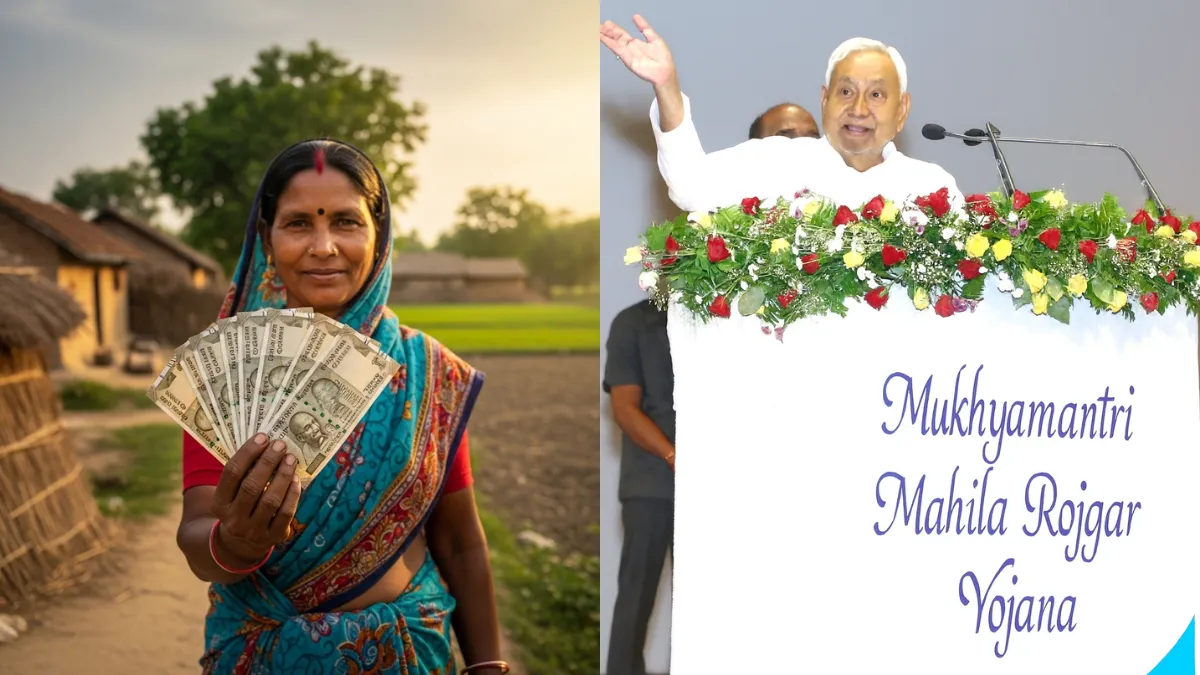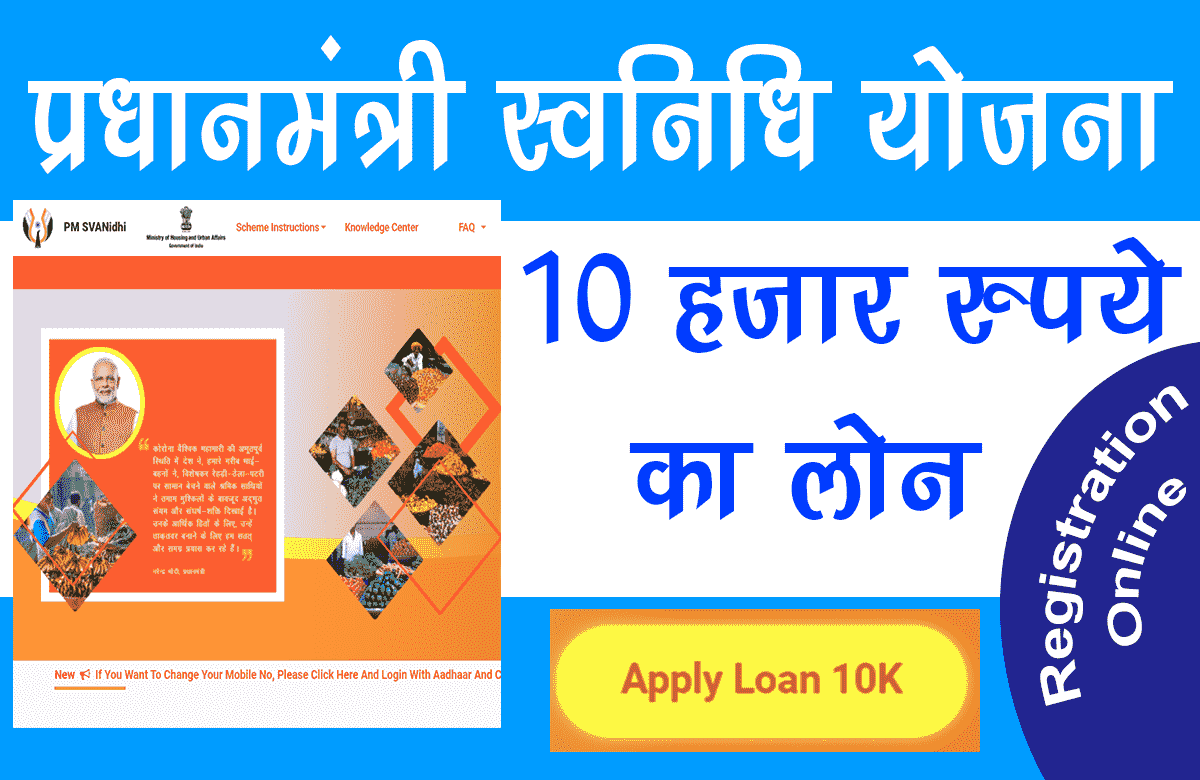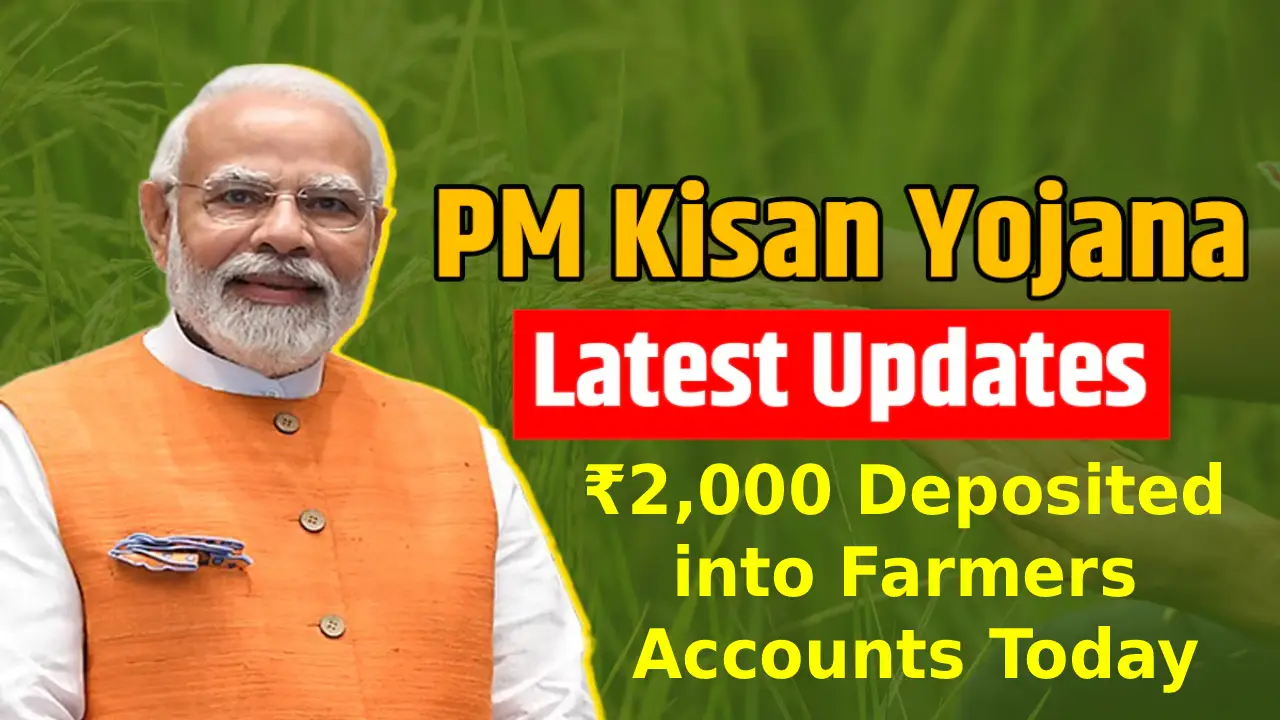The Mukhyamantri Majhi Ladki Bahin Yojana is one of Maharashtra’s most impactful welfare initiatives aimed at improving the social and economic condition of women across the state. Introduced to offer financial stability and empower women belonging to economically weaker households, the scheme provides direct monthly financial assistance of ₹1500 to eligible women between the ages of 21 and 65. Since its launch in July 2024, the scheme has become a lifeline for millions of women in Maharashtra, enabling them to meet essential expenditure, enhance financial independence, and strengthen household decision-making power.
In a major relief to beneficiaries, the Maharashtra Government has extended the e-KYC deadline to 31 December 2025, giving women additional time to complete the mandatory Aadhaar-based verification. Earlier, the last date for e-KYC was set as 18 November 2025, which created concern among beneficiaries who had not completed the verification in time. The decision to extend the deadline was announced by Maharashtra’s Women and Child Development Minister Aditi Tatkare, following directives from the Chief Minister and Deputy Chief Ministers.
Today, the scheme covers over 2.3 crore registered beneficiary women, making it one of the largest women-centric financial assistance schemes in India. The monthly support amount is transferred directly into beneficiaries’ bank accounts under a transparent Direct Benefit Transfer (DBT) system. With Aadhaar-based e-KYC now mandatory, the government aims to ensure that financial aid reaches the genuine and deserving women without duplication or fraud.
1. Extended e-KYC Deadline: A Major Relief for Beneficiaries
To continue receiving ₹1500 every month, all eligible women must complete their e-KYC. Recognizing that many women had not been able to complete the verification by the original deadline due to connectivity issues or lack of awareness, the government extended the deadline to:
New e-KYC Deadline: 31 December 2025
This extension ensures that no woman misses her entitlement due to procedural delays. Minister Aditi Tatkare emphasized that the extension reflects the government’s commitment to ensuring maximum coverage and smooth delivery of benefits under the scheme.
The e-KYC process verifies the identity of beneficiaries digitally and ensures that only authentic individuals receive financial support. It also aligns with the Aadhaar Act 2016, under which Aadhaar-based identity verification is mandatory for availing government benefits.
2. Launch Date and Background of the Scheme
The Mukhyamantri Majhi Ladki Bahin Yojana was launched in:
Launch Month & Year: July 2024
The scheme was introduced as a major social protection initiative to uplift women from low-income households and help them manage essential daily expenses. It was positioned as a step towards ensuring women’s economic independence, improving household welfare, and supporting gender empowerment at the grassroots level.
3. Objectives of the Mukhyamantri Majhi Ladki Bahin Yojana
The scheme is guided by the following core objectives:
● To provide regular monthly financial assistance
The scheme provides ₹1500 per month to eligible women to ensure financial security and stability.
● To empower women economically
The financial support helps women make independent decisions and meet essential household needs.
● To strengthen women’s role in social and economic development
The scheme aims to enhance women’s participation in society by giving them economic leverage.
● To support low-income families
The direct assistance benefits families with annual income up to ₹2.5 lakh, easing their financial pressure.
● To reduce dependency
The scheme encourages women to use financial aid for small business activities, education, health, and personal needs.
4. Key Features of the Scheme
The Mukhyamantri Majhi Ladki Bahin Yojana offers several beneficiary-centric features:
- Monthly Assistance: ₹1500 is provided every month to eligible women aged 21–65.
- Large Beneficiary Base: Over 2.3 crore women are currently registered.
- Direct Benefit Transfer: Monthly assistance is directly credited to the beneficiary’s bank account.
- Extended e-KYC Deadline: Beneficiaries can now complete their e-KYC until 31 December 2025.
- Aadhaar-based Verification: Ensures transparency and prevents fraudulent claims.
- Statewide Coverage: The scheme covers women across rural, urban, and tribal regions of Maharashtra.
- Social & Economic Empowerment: Helps women become financially independent and confident.
5. Financial Assistance Amount
Under the scheme, the Maharashtra Government provides:
₹1500 per month to each eligible woman
This amount is transferred through DBT and is intended to support personal expenses, health needs, household requirements, and small-scale business activities.
For millions of women, ₹1500 per month becomes a significant monthly support that contributes directly to improving financial stability.
6. Eligibility Criteria
To receive benefits under the Mukhyamantri Majhi Ladki Bahin Yojana, women must fulfill the following eligibility conditions:
1. Gender
Beneficiary must be a woman.
2. Age Limit
Women aged 21–65 years are eligible.
3. Income Limit
Annual family income should be ₹2.5 lakh or below.
4. Residency
Only permanent residents of Maharashtra can apply.
5. Bank Account
A bank account linked with Aadhaar is mandatory for DBT.
6. Mandatory e-KYC
Beneficiaries must complete e-KYC before the last date.
7. Why e-KYC Is Important
The Maharashtra Government has made e-KYC compulsory for the following reasons:
- To authenticate beneficiary identity.
- To avoid duplication of records.
- To ensure benefits reach the correct bank account.
- To prevent fraud and unauthorized claims.
- To maintain accurate digital records.
The Women & Child Development Department has been authorized as Sub-AUA/Sub-KUA, enabling it to directly conduct Aadhaar authentication.
8. Distribution of Benefits
The monthly assistance is distributed through:
Direct Benefit Transfer (DBT)
Every month, ₹1500 is transferred directly into the beneficiary’s bank account. This ensures:
- Zero leakage
- Transparency
- Immediate access to funds
The distribution system is monitored by the Women and Child Development Department.
9. Application Process: Step-by-Step Guide
Women who are eligible and want to avail the benefits of the scheme must complete the application and e-KYC process. Below is a detailed step-by-step procedure:
Step 1: Visit the Scheme Portal
Open the official portal created for the Mukhyamantri Majhi Ladki Bahin Yojana.
Step 2: Navigate to the e-KYC Section
On the homepage, click on the e-KYC option.
Step 3: Enter Your Aadhaar Number
Fill in your 12-digit Aadhaar number and the captcha code.
Step 4: Receive OTP
Click on Send OTP, after which you will receive an OTP on your Aadhaar-linked mobile number.
Step 5: Verification
The system will verify whether your e-KYC has already been completed.
- If completed earlier, a message will appear:
“e-KYC already completed.” - If you are not listed as an eligible beneficiary:
“Your Aadhaar is not found in the beneficiary list.”
Step 6: Enter Husband’s or Father’s Aadhaar
If required, enter the Aadhaar number of your husband or father, complete the captcha, and click Send OTP again.
Step 7: Final Verification
Enter the OTP received on their registered mobile number.
Step 8: Fill Additional Details
Select:
- Caste category
- Declaration options
- Confirmation that no member of the family is a government employee or pensioner
- Confirmation that only one married and one unmarried woman from a family are receiving the benefit
Step 9: Submit Application
After verifying all details, click Submit.
Step 10: Success Message
Upon successful completion, the system will display:
“Success: Your e-KYC verification has been successfully completed.”
10. Impact of the Scheme
The Mukhyamantri Majhi Ladki Bahin Yojana has transformed the lives of millions of women by:
- Providing a steady monthly income.
- Supporting household needs.
- Reducing financial dependency.
- Creating opportunities for self-employment.
- Enhancing women’s confidence and dignity.
- Strengthening socio-economic conditions in low-income households.
The overwhelming public support reflects the trust women have in the government’s empowerment initiatives.











